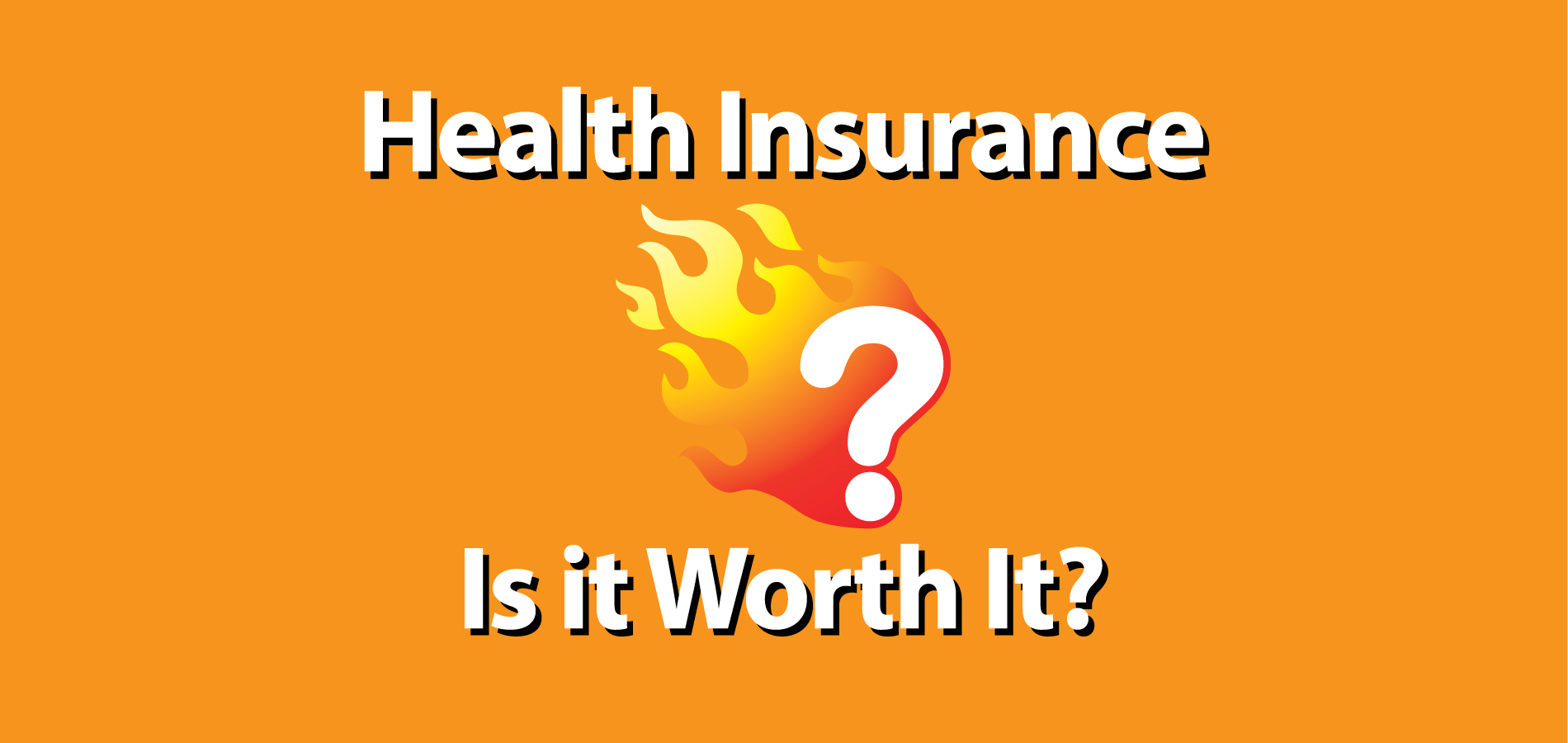Critical illness insurance provides a lump-sum payment in the event that you are hit by a major illness, such as a stroke or cancer. You can purchase plans that will provide amounts ranging from $10,000 to several million dollars.
What is considered a critical illness?
Before you make a purchase, it’s important to review your critical illness coverage with your insurance broker. Different insurers will pay out for specific illnesses, which may include:
- Stroke
- Acquired brain injury
- Cancer
- Multiple sclerosis
- Heart attack
- Alzheimer’s disease
Critical Illness insurance Pros and Cons
Critical illness insurance in Canada offers a number of benefits, providing a lump sum that can:
- Replace any lost income if you need to stop working. Also, if your spouse must take an employment leave to care for you, it will help to cover lost wages.
- Pay for additional services such as homecare or money to renovate your home if you have reduced mobility.
- Cover new treatments and drugs that may not be included in government plans.
As well, there are no restrictions on how you spend the money. You can even decide to take a once-in-a-lifetime vacation to help you to recover from the illness.
Some of the cons of critical illness health insurance are:
- It does not provide ongoing payments. If your critical illness continues for many years, you will need to rely on the lump-sum amount.
- It only pays for the diseases and conditions specified in the policy. If you get another type of serious illness, you will receive nothing.
- It usually covers you only for a specific period. The most common is 10 years.
When to buy Critical Illness insurance
The best time to purchase a critical illness policy is when you are young and free from any serious illnesses. It is least expensive at that time. The cost varies depending on your age, any medical conditions, the illnesses covered and, of course, the payment you would receive if you become ill.
The older you are and the more health issues you have, the more expensive the premiums will be. Or you could be denied insurance if you already have signs of one of the covered illnesses.
What is the difference between health insurance and critical illness insurance?
In Canada, provincial governments provide universal insurance coverage for visits to hospitals and doctors. Individuals and employers may opt for supplemental health insurance to cover prescription drugs, dental care and services such as physiotherapy and massage therapy.
These are quite different from critical illness insurance. Health insurance provides ongoing coverage as you incur specific health-related expenses. Critical illness insurance delivers a single payment, after which the policy ends.
Critical Illness vs Disability Insurance
These two types of insurance are not the same. While critical illness coverage offers a lump-sum payment, disability insurance delivers regular monthly cheques while you are unable to work.
With disability insurance, if you recover fully, payments stop. If you beat your critical illness, you don’t need to repay the money – it’s yours to keep and spend as you wish.
Critical illness health insurance only covers illnesses specified in your policy. If you become seriously ill due to another cause, you won’t receive any money. On the other hand, disability insurance pays if you are unable to work for a wide variety of reasons – including mental health issues and chronic pain.
Critical illness coverage pays regardless of your income or ability to work. Disability insurance only pays if you are unable to earn an income.
Your licensed insurance broker can discuss the options with you.
Does Critical Illness insurance pay out on death?
Again, it’s vital to read the policy carefully. Most policies do not pay out on death. However, they may issue a payment of up to 100 percent of the premiums paid for this particular policy.
Your policy may also refund the premiums paid if you die from a cause not covered by the critical illness policy. Your beneficiary would receive this payment tax-free.
This is known as the critical insurance return of premium.
Is critical insurance payout taxable?
Critical insurance payments are similar to life insurance payouts – they aren’t taxable in Canada. In addition, if your employer pays the premiums, they are not deemed to be a taxable benefit.
What is the difference with Long Term Care Insurance?
Long-term care insurance reimburses you for expenses if you need to move into a nursing home or require homecare services. These are ongoing payments; critical illness coverage offers a one-time, lump-sum amount.
Critical illness health insurance usually expires at age 65 or 75. However, some policies can be converted into Long Term Care insurance. Again, check your policy for details.
Is critical illness insurance worth it?
Only you can answer this question. This insurance provides you with a lump-sum payment that could be badly needed if you can’t work or have expenses associated with the illness.
Critical illness health insurance can be very expensive, especially as you get older. You will need to complete a health questionnaire and if this indicates a presence of one of the covered critical illnesses, your premiums could be very high or you could be denied coverage.
It also depends on your financial situation. If you have a large mortgage and other financial obligations, a payout for critical illness coverage could ensure that you can continue to make your payments. On the other hand, if you have a few debts and a solid emergency fund, you may not need this insurance.
Research carefully before you purchase
Critical illness insurance in Canada varies widely between different companies. Therefore, it’s essential that you compare what they cover, the cost and any premium refund conditions. A licensed insurance broker can help you find a policy that best suits your needs.
Are you incorporated in Canada?
Small business owners and incorporated individuals in Canada can use a Health Spending Account (HSA) to save on their medical expenses. An HSA is a cost effective alternative to traditional health insurance. The plan covers a wide variety of health and dental expenses. You could save thousands of dollars in taxes with an HSA.
Find out more about Health Spending Account (HSA), download my free guides:







